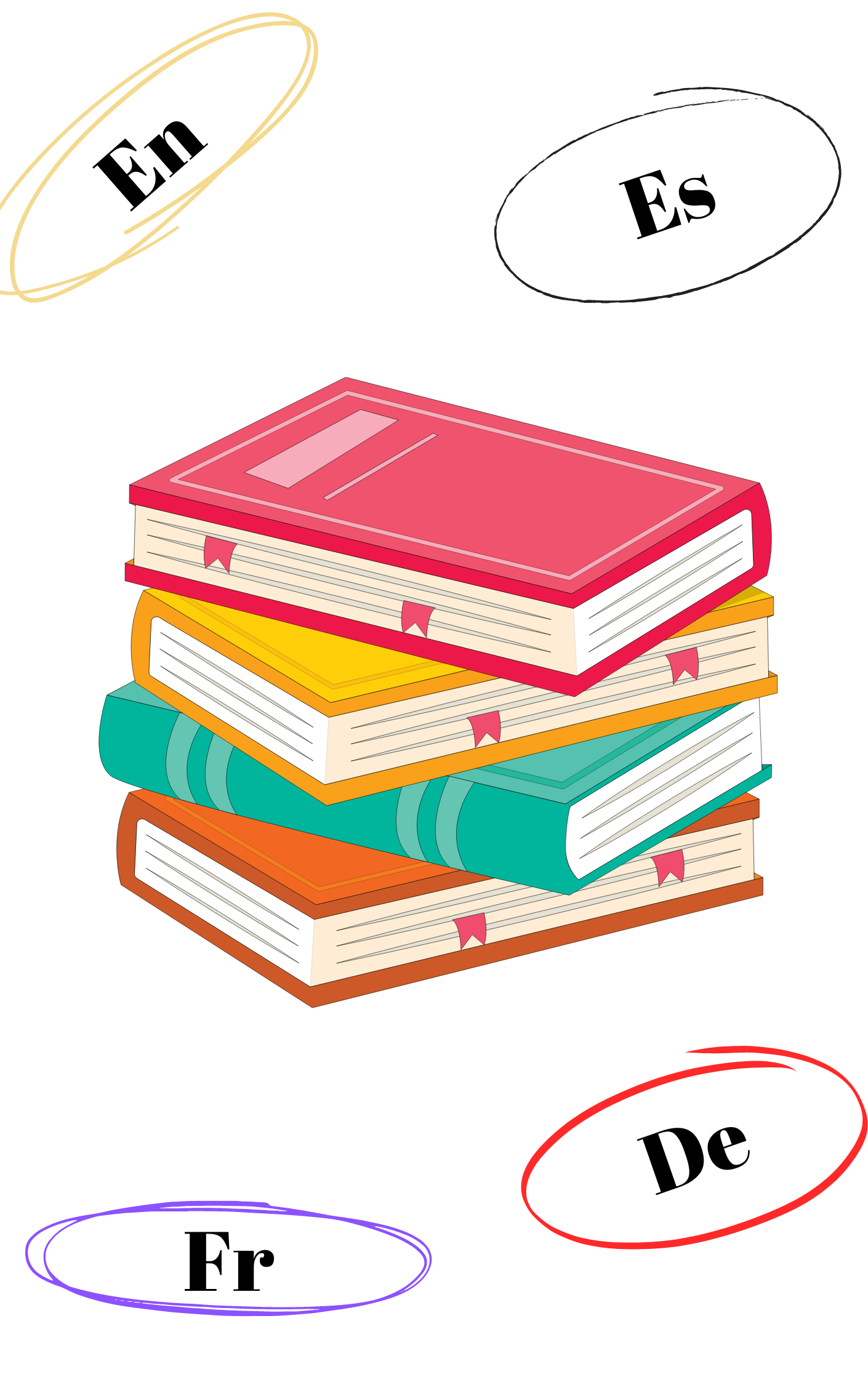Sayings and proverbs (I)
ayings and proverbs are something that all languages have in common. While some are shared across more than one language—meaning there are proverbs in different languages that seem to be translations of one another—many are unique to each language. Sometimes, the meaning of a proverb can be inferred, but in many cases, it requires a lot of context or even a direct explanation to understand what someone means when they use a dicho or a refrán. In this article, we will review some common sayings and proverbs from the Spanish-speaking world, their meanings, and in some cases, their historical origins, as it’s quite common for these phrases to have originated from an event or custom from a certain period in history, and today they may have changed their meaning.
A caballo regalado no se le mira el diente: Literal translation: “You don’t look at the tooth of a gifted horse.” This proverb originated from the practice of inspecting a horse’s teeth before purchasing it when horses were an important means of transportation, as the characteristics of a horse’s teeth can reveal its age. Conversely, when a horse was given as a gift, it was accepted without checking its teeth. Nowadays, it is used to express that one should graciously accept gifts without criticizing or questioning their quality.
Más vale tarde que nunca: Literal translation: “Better late than never.” This proverb originated from the Latin phrase “Potius sero quam nunquam”, included by the Roman historian Titus Livius in his Ab urbe condita libri (From the Founding of the City), referring to the measures taken by the patricians to curb the rise of power among the plebeians, or more specifically, the tribunes of the plebs. Today, it means that it’s better to do something late than not do it at all.
Dime con quién andas y te diré quién eres: Literal translation: “Tell me who you get together with and I will tell you who you are.” The phrase “dime con quién andas, decirte he quién eres”, which appears in the second part of Cervantes Don Quixote, is the origin of this proverb. It means that one can recognize a person’s tastes, hobbies, habits, etc., based on whom they spend their time with. It carries a negative connotation, implying that the person who uses this phrase is referring to behaviors, customs, or preferences they find undesirable or inappropriate.
A quien madruga Dios lo/le ayuda: Literal translation: “God helps the one who rises early.” I’ve included both object pronouns (lo/le) because depending on the speaker’s country, one or the other will be used, but that’s a topic for another article. Apparently, this proverb also comes from Don Quixote, although in the book, the phrase is quite different: “El que no madruga con el sol no goza del día” (“Who does not rise with the sun does not enjoy the day”). Its modern meaning, while it can be linked to waking up early (since rising early is an effort for many people), is more closely related to the idea that one must work diligently to achieve their goals.
Más vale pájaro en mano que cien/ciento volando: Literal translation: “A bird in the hand is better than a hundred flying.” Once again, I include two versions for the same reason: the version typically used depends on the speaker’s country. Quick explanation: cien is the number 100, while ciento is the noun representing it, just as “dozen” represents 12. This proverb once again has Latin roots: est avis in dextra, melior quam quattuor extra, which literally translates to “better a bird in the hand than four outside it.” It means that it is better to have something certain than to pursue something more promising but less secure. This brings us to its opposite.
El que no arriesga no gana: The meaning of this particular proverb is quite clear. Someone who doesn’t take risks won’t achieve great rewards.
En casa de herrero, cuchillo de palo: Literal translation: “In the blacksmith’s house, a wooden knife.” This proverb, of Spanish origin, has spread throughout the Americas and refers to the absence of something in the home of someone who produces that very thing, or in the home of someone whose job should solve the problem. For example, a cook who orders takeout instead of cooking, a doctor who doesn’t know what to do when their child has a fever, or a Spanish teacher who doesn’t know which words have accents. The word palo in this context translates as “wood,” an unusual translation. According to the RAE dictionary, the word palo refers to “a piece of wood or another material, much longer than it is thick, generally cylindrical and easy to handle.” Being made of wood—and I assume this has to do with its historical origin—it simply translates as “wood” in this context.
El que no corre, vuela: Literal translation: “Who doesn’t run, flies.” A very current phrase. It refers to the idea that when there is an opportunity to gain an advantage, everyone tries to seize it as quickly as possible. It carries an ironic connotation: here, el que no corre, vuela suggests that even though we may not like the attitude of trying to take advantage, we simultaneously recommend doing it.
Al mal tiempo buena cara: Literal translation: “To bad weather, a good face.” This comes from a work by Calderón de la Barca. It undoubtedly reflects Stoic philosophy. One should maintain a positive attitude in the face of adversity.
Of course, there are many more. This is simply the first part, and in future articles, we will explore more proverbs and their origins. Which one did you like the most? I’ll read your comments!




Leave a Reply